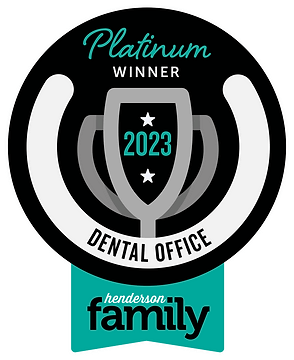The 5 Most Common Causes of Tooth Sensitivity
Have you ever experienced that jolting pain when you indulge in something hot or cold? Tooth sensitivity is a common issue that affects numerous individuals, making everyday activities like eating and drinking uncomfortable.
Maintaining good oral health is crucial for overall well-being, yet tooth sensitivity can often be a persistent issue despite regular brushing and flossing. Understanding the root causes of tooth sensitivity can help you effectively manage and prevent this uncomfortable condition.
If you find yourself wincing in pain every time you take a sip of your favorite beverage or bite into something sweet, the root cause may be linked to specific triggers that exacerbate tooth sensitivity. Identifying these common causes and implementing targeted solutions can significantly improve your oral health and quality of life. Let’s delve into the five most prevalent reasons behind tooth sensitivity and explore ways to alleviate this discomfort.
1. Tooth Decay
Tooth decay is the primary cause of tooth sensitivity. When bacteria in the mouth feed on sugars and starches from food, they produce acid that can erode tooth enamel. As the enamel wears down, it exposes the sensitive inner layers of the tooth, leading to discomfort when consuming hot or cold foods and drinks. Regular brushing, flossing, and dental check-ups are essential for preventing tooth decay and protecting your teeth from sensitivity.
2. Gum Disease
Gum disease, also known as periodontal disease, is another common cause of tooth sensitivity. When the gums become inflamed and recede, they expose the roots of the teeth, which are much more sensitive than the enamel-covered crowns. Proper oral hygiene practices, such as brushing gently and using a soft-bristled toothbrush, can help prevent gum disease and reduce tooth sensitivity.
3. Enamel Erosion
Enamel erosion occurs when the protective outer layer of the tooth wears away due to acidic foods and drinks, aggressive brushing, or conditions like acid reflux. Without enamel to shield the inner layers of the tooth, sensitivity can occur when exposed to hot, cold, sweet, or acidic substances. Using a fluoride toothpaste and avoiding acidic foods and drinks can help prevent further enamel erosion and reduce tooth sensitivity.
4. Teeth Grinding
Teeth grinding, also known as bruxism, is a common condition that can lead to tooth sensitivity. The constant pressure and friction from grinding can wear down the enamel, exposing the sensitive inner layers of the teeth. Using a mouthguard while sleeping can help protect your teeth from grinding and reduce the risk of tooth sensitivity.
5. Cracked Teeth
Cracked teeth can also cause tooth sensitivity, as cracks in the enamel can expose the inner layers of the tooth to external stimuli. Activities such as biting down on hard objects or using your teeth as tools can lead to cracked teeth. Seeking prompt dental care to repair cracked teeth can help alleviate sensitivity and prevent further damage.
Let Us Give You an Audubon Smile
The staff at Audubon Dental is committed to providing you with prompt, professional, and personal service. Discover the possibilities of a radiant and confident smile by scheduling a consultation with us today. Your journey to a brighter, healthier, and more beautiful smile begins here!





